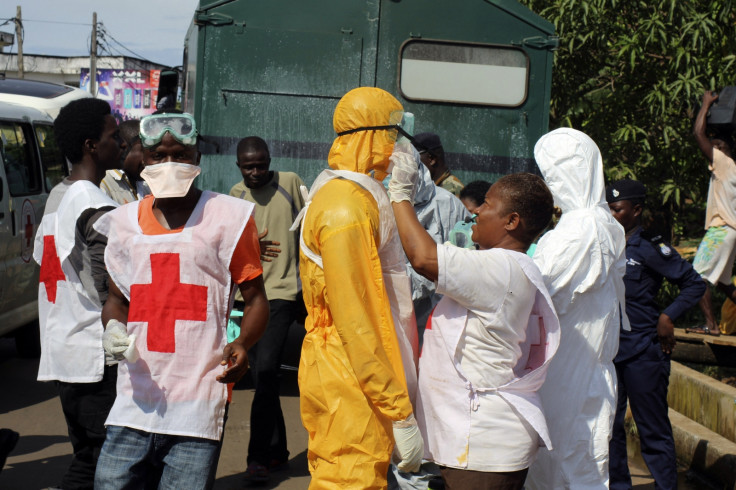Ebola Outbreak: 2 Year-Old Becomes Virus's First Fatality in Mali
At least 40 people exposed to virus as parents bring toddler from Guinea to Mali

A two year-old girl has become the first person to die of the Ebola virus in Mali, the World Health Organisation (WHO) has confirmed.
WHO said it had concerns as the girl, whose mother died in Guinea of the virus, had traveled with family hundreds of miles from Guinea, though the Malian capital Bamako, to Kayes in the west of the country, while showing symptoms of the disease.
During the journey the girl came into contact with more than 40 people in Mali, which prior to this week had never had any cases of the Ebola virus recorded in the country during this latest outbreak.
More than 40 people known to have come into contact with the girl during her 600-mile journey have been quarantined.
"The child's symptomatic state during the bus journey is especially concerning, as it presented multiple opportunities for exposures, including high-risk exposures, involving many people," the WHO said.
Mali has now become the sixth West African country to be affected by the outbreak, although Senegal and Nigeria have since been declared virus-free by the WHO.
With porous borders, countries neighbouring Guinea, Sierra Leone and Liberia are on high alert for possible imported cases of the virus.
Guinea, which shares a border with Mali, Liberia and Sierra Leone, has seen most of the 4,800 Ebola deaths.
WHO spokeswoman Fadela Chaib said it has three experts in Mali evaluating its ability to cope with an outbreak of the Ebola virus, and will send at least four more over the next few days.
This week WHO announced that pharmaceutical companies will make hundreds of thousands of vaccine doses by the first half of 2015.
WHO Assistant Director Dr Marie-Paule Kieny told a news conference in Geneva that five more vaccines would begin to be tested in clinical trials in January.
"The pharmaceutical companies developing these vaccines, as well as the ones which are a little bit further along the development path, are committing to ramping up the production capacity to millions of doses to be available in 2015 with hundreds of thousands ready in the first half of next year."
Two vaccines are being tested on humans. Vaccine trials in the worst-affected countries could begin in December, Dr Kieny said.
© Copyright IBTimes 2024. All rights reserved.





